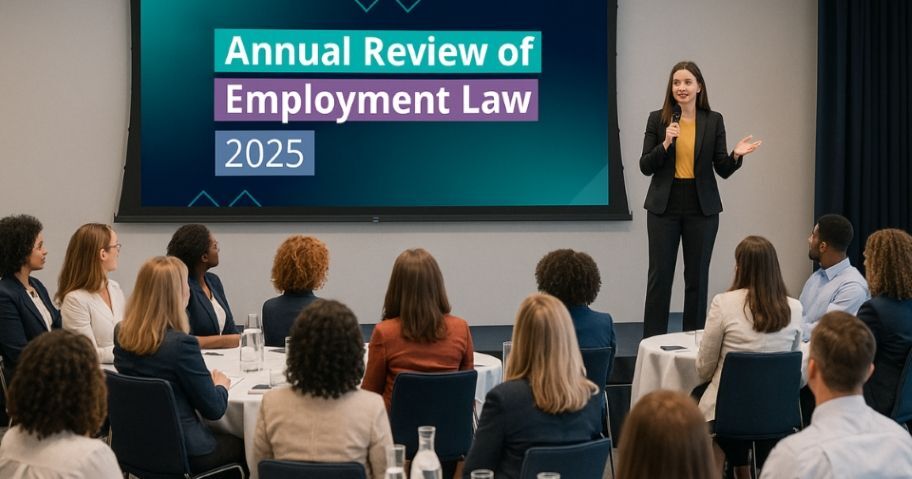Jason Elliott was called to the Bar of Northern Ireland in 2013 and is the Associate Head of School of Law at Ulster University. As a practising barrister, he has developed a largely civil practice representing individuals, companies and public bodies in litigation. This covers a wide range of areas including personal injuries, wills and employment law. In terms of employment law, he has represented both applicants and respondents in the Industrial Tribunal. At Ulster University, Jason lectures extensively on the civil areas of practise such as Equity and Trusts and delivers employment law lectures for both undergraduate and postgraduate students.
Deduction from wages claim dismissed as the written agreement only allowed for 40% of the fees relating to the work done and billed by the claimant.
The claimant was engaged by the respondent by way of a consultancy agreement. This outlined that the claimant was entitled to 40% of the fees billed, paid and received in relation to his duties as a consultant. The agreement included an ‘entire agreement’ clause which said it could only be varied by an agreement in writing signed by the parties. The issue arose in relation to fees to one client and claimed an unlawful deduction from wages when 40% of the fees received from that client were not given to the claimant.
At first instance, the Tribunal dismissed the claimant’s claim citing that there was a separate oral agreement governing the work for that specific client. Additionally – when it came to the written consultancy agreement it was only calculated on the fees that arose from the work undertaken by the consultant rather than fees generated by other fee earners. The claimant appealed to the EAT.
The EAT dismissed the appeal. They found that the Tribunal was correct in deciding that that the written consultancy agreement only allowed for 40% of the fees billed, paid and received in relation to the work that he did personally was allowable. Although it was found that the Tribunal decision citing a separate oral agreement for that client was incorrect on the basis that the entire agreement clause would not facilitate that. However, that error was academic considering that the written agreement meant that the claimant’s case was to be dismissed.
This demonstrates the importance of the agreements entered into by employers and employees. This was particularly specific in this case relating to the fees generated. The important aspect is that the oral variation could not be sustained where there was an entire agreement clause and that was to be followed where there was to be a deviation to the contract originally entered into.
You can read the case in full here:
Mr_Alastair_Dobbie_v_Paula_Felton_ta_Feltons_Solicitors__2025__EAT_71.pdf
Continue reading
We help hundreds of people like you understand how the latest changes in employment law impact your business.
Please log in to view the full article.
What you'll get:
- Help understand the ramifications of each important case from NI, GB and Europe
- Ensure your organisation's policies and procedures are fully compliant with NI law
- 24/7 access to all the content in the Legal Island Vault for research case law and HR issues
- Receive free preliminary advice on workplace issues from the employment team
Already a subscriber? Log in now or start a free trial






